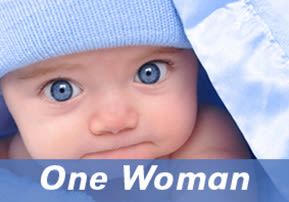
One Woman
At times in Jewish history, the entire future of Judaism and Torah depended on one woman. For every word of Talmud learned today, we owe thanks to Rachel...

After the Hasmonean Revolution, Yannai – a Hasmonean – became King of Judea. The wise men opposed him, claiming, “It’s not enough that you are a Kohen, a member of the priestly tribe and privileged to serve in the Holy Temple? The monarchy belongs to the House of Judah, not to you sons of Levi!” Yannai didn’t like their verdict, so he killed all the wise men. All, that is, except for one: Shimon ben Shattach, the brother of Queen Heleni, Yannai’s wife.
Shimon ben Shattach raised a new generation of Torah scholars, and the future of Torah and Judaism was saved for the time being. But, imagine that at one point in time, Shimon ben Shattach’s wife would have demanded more money or a nicer home from him, forcing him to seek a career in trade and commerce. That would have been the termination of Torah, Heaven forbid. As such, we owe a note of gratitude for every single word of Torah learned from the time of King Yannai until now to the wife of Shimon ben Shattach.
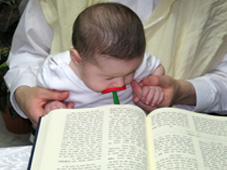 Anywhere you see Torah learning, one woman stands behind it…
Anywhere you see Torah learning, one woman stands behind it…
Some two dozen decades later, the Romans destroyed the Second Temple. Again, there was a blood bath in all of the land of Israel, which was only worsened by Bar Kochba’s revolution and the fall of Beitar. Torah learning was outlawed and our wise men dwindled.
All of Torah rested on Rebbe Akiva’s shoulders. He had the broadest and truest perspective of the Oral tradition, which up until his time was forbidden to record and codify in writing. Rebbe Akiva had learned from the greats of the previous generation – Yehoshua ben Hananya, Eliezer ben Horkonus, and Nachum Ish Gamzu. He decided that sometimes a person must break Torah in order to save the Torah, so he codified the Oral Law that Hashem gave Moses on Mount Sinai, creating six sedarim, literally “orders” of the Mishna, or areas of oral law, each one containing individual tractates that deal with a certain segment of the order. For example, within the order of Moed, which deals with Jewish holidays, Rebbe Akiva designated separate tractates that deal with Shabbat, Rosh Hashanah, Yom Kippur, and so forth.
Rebbe Akiva’s student, Rebbe Meir Baal Haness, subsequently refined the language of the Mishna. Rebbe Yehuda Hanassi, known as “Rebbe”, the student of Rebbe Meir Baal Haness, subsequently finalized and codified the Mishna. Subsequent generations’ clarifications and debates on the Mishna became the Gemarra. The Mishna and the Gemarra together comprise the Talmud.
So we see, that all of Talmud stems from Rebbe Akiva. The five main Tannaic sages – Rebbe Meir Baal Haness, Rebbe Yehuda Bar Ilai, Rebbe Shimon bar Yochai, Rebbe Elazar and Rebbe Yossi ben Halfata were all pupils of Rebbe Akiva, whom he trained after he lost his 24,000 students in the plague.
During portions of Rebbe Akiva’s life, the Oral tradition and the entire future of what was about to be the Talmud was one heartbeat away from extinction – Rebbe Akiva’s heartbeat.
Let’s pause for a moment: do we remember that Rebbe Akiva was an illiterate field worker, the son of a convert named Yosef? Akiva worked for one of the three richest men in Jerusalem, Calba Savoa. Calba’s daughter Rachel, a young woman with superb and far-reaching insight, took notice of Akiva’s outstanding character traits and potential. At the cost of being disowned by her father, she married Akiva after extracting a promise from him that he’d learn Torah.
Rachel and Akiva suffered poverty. He was discouraged with his initial disability to learn anything. Yet she never gave up on him. She encouraged him every step of the way and sacrificed the bulk of her life and her best years for his Torah learning.
Every single word of Torah uttered in every single Yeshiva and Kollel the world over for the last 1900-plus years can be attributed to one woman – Rachel, the wife of Rebbe Akiva.
How great we’d be if every woman saw herself as the one woman of the generation upon whose shoulders rests the entire future of Torah and Judaism. And you, it really does depend on you, the one woman, for no other woman on earth can do what you can do. Don’t ever forget that your husband and your children are your showcase. They reflect your priorities. May Hashem be at your side always, amen.


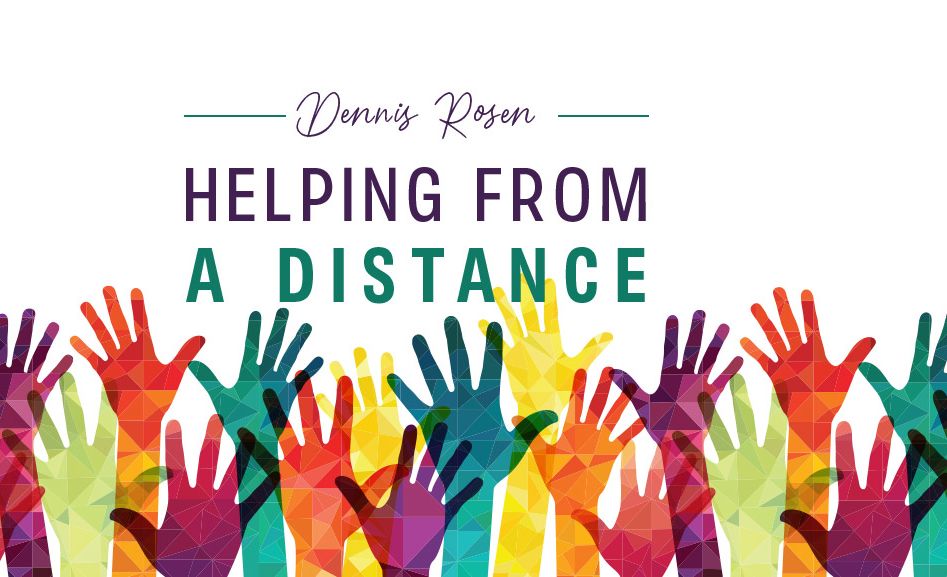


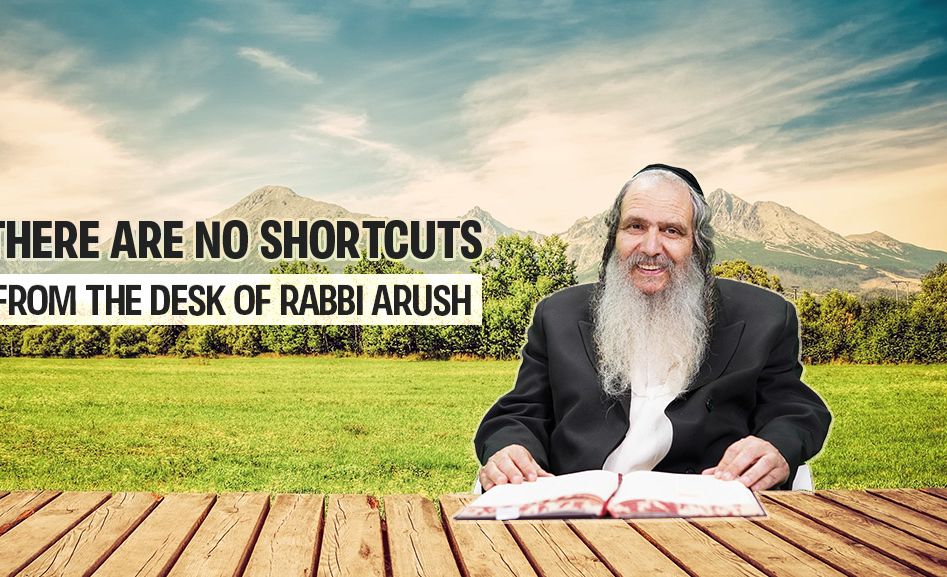
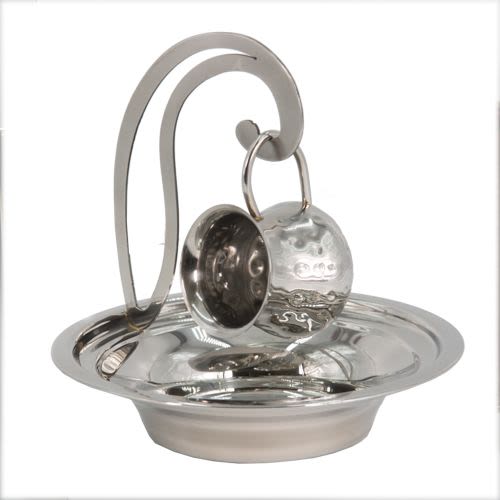

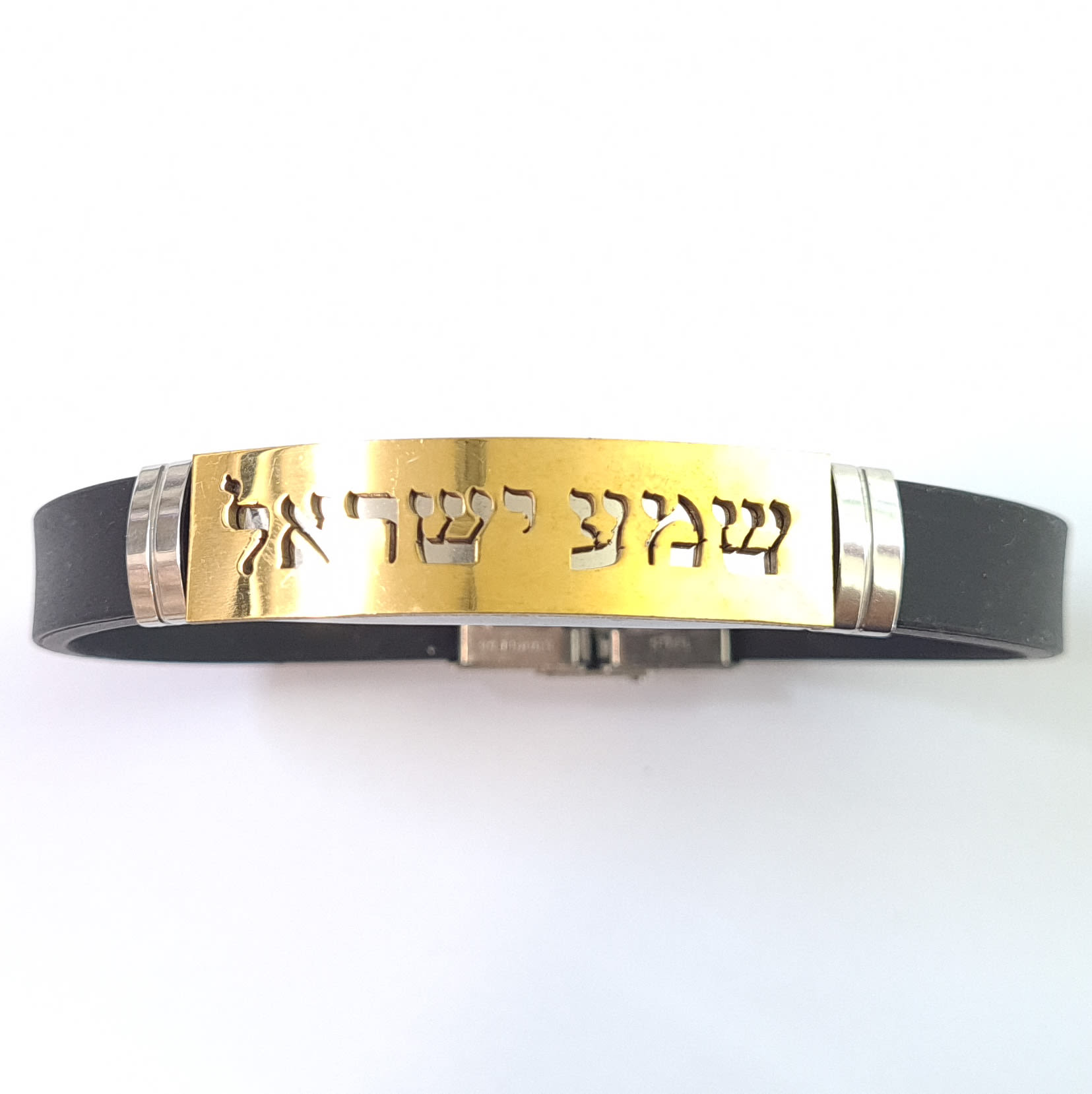
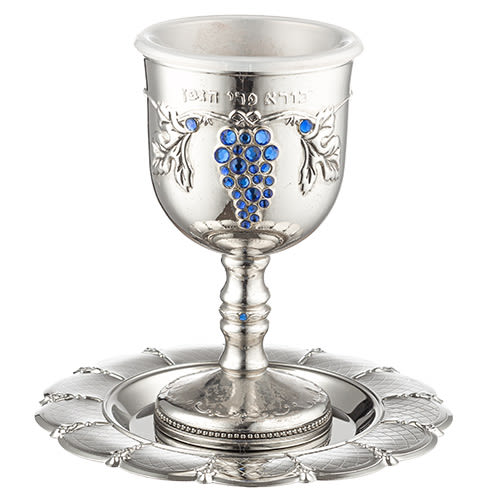

Tell us what you think!
Thank you for your comment!
It will be published after approval by the Editor.